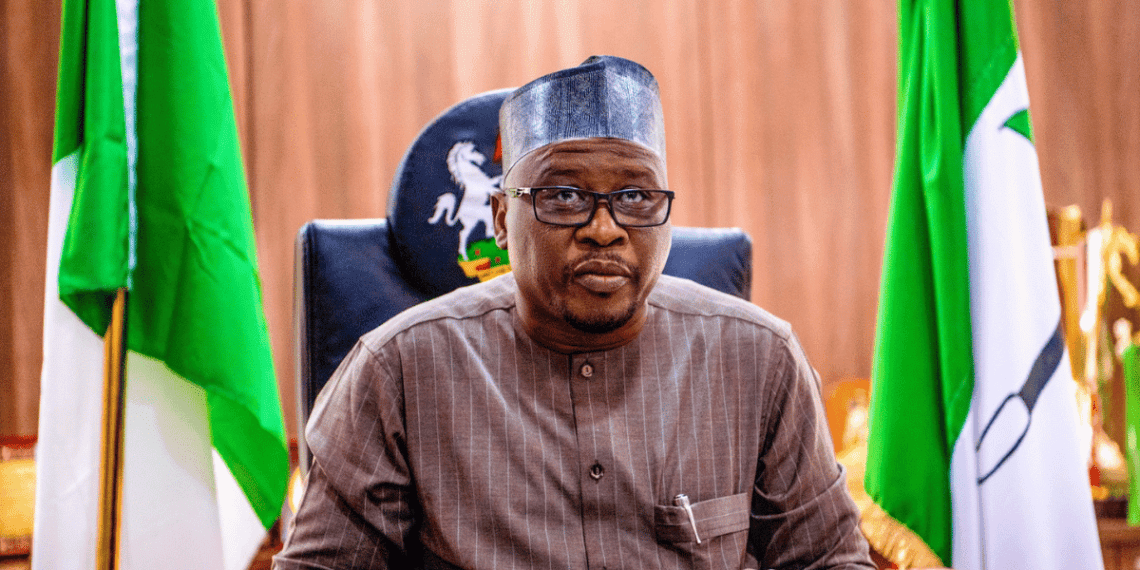As the 2027 gubernatorial elections approach, the political atmosphere in Adamawa State is charged with anticipation.
In less than two years, the people of the state will return to the polls to elect a new governor, one who will inherit the considerable legacy of Governor Ahmadu Umaru Fintiri.
Fintiri, over the last six years, has no doubt redefined governance through strategic investments in infrastructure, education, healthcare, and security. His administration is widely regarded as a benchmark in developmental politics. Unsurprisingly, the expectations for his successor are sky-high.
But Fintiri has already set the tone for the succession discourse. In his words, “My successor must be a grassroots politician.” This pronouncement, though succinct, has sent ripples across the political landscape of the state, igniting debates and prompting speculation about potential candidates who fit this mold.
The quest to understand what it means to be a “grassroots politician” has become central to Adamawa’s political discourse. It goes beyond popularity or political ambition.
The term, as implied by Fintiri, speaks to character, competence, and connection to the people. It signals a need for a leader who understands the lived realities of the ordinary Adamawa citizen from the fishermen in Numan to the farmers in Fufore, and from the hills of Pakka to the cultural heart of Sukur Kingdom.
With the governance bar now significantly raised, the next governor must not only continue the progress made but must also be ready to confront new and persistent challenges with innovative and inclusive solutions.
There is an urgent need for a leader with a deep grasp of development economics, one who can craft sustainable strategies to tackle the state’s fiscal and revenue constraints.
Read Also: Delta APC Elders reject Omo-Agege’s 2027 ambition, accuse him of betrayal, fund mismanagement
Furthermore, the incoming administration, the people said, must demonstrate a genuine commitment to agriculture and rural development. This includes engaging directly with local farmers and traders, and tailoring policies to empower small and medium-scale enterprises. Only a leader grounded in the realities of the grassroots can truly interpret these challenges and turn them into opportunities for growth.
Climate change, digital innovation, and youth empowerment will also define the next phase of governance in Adamawa. The ideal leader must be tech-savvy, environmentally conscious, and youth-focused—ready to align the state with global trends while maintaining a strong local touch.
Governor Fintiri’s call for a grassroots politician is, ultimately, a call for continuity with progress. It is a call for a leader whose service is anchored not in privilege, but in purpose. Someone who has felt the sting of social deprivation and is motivated to uplift those still trapped in it.
As 2027 draws nearer, the responsibility lies with the people of Adamawa to heed this call and choose a leader who embodies their aspirations. A leader who sees diversity not as a challenge to exploit but as a strength to celebrate.






